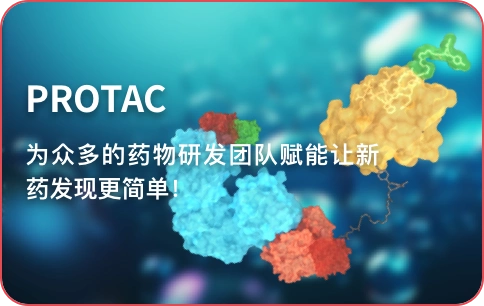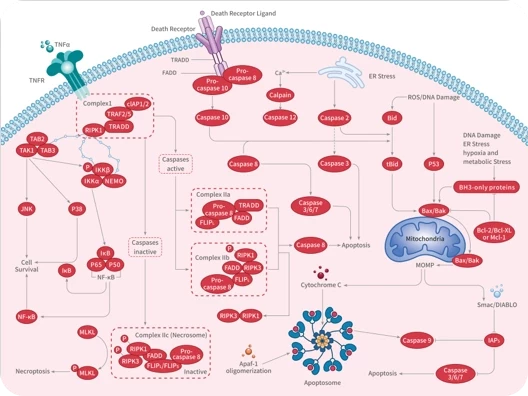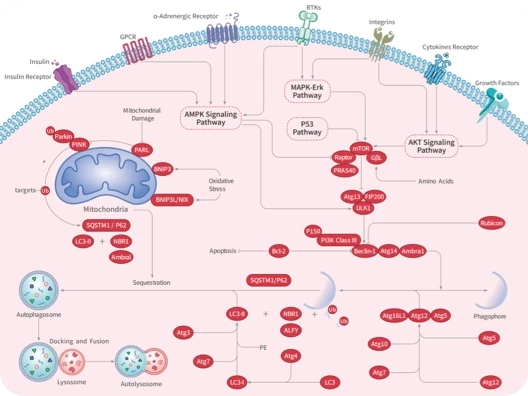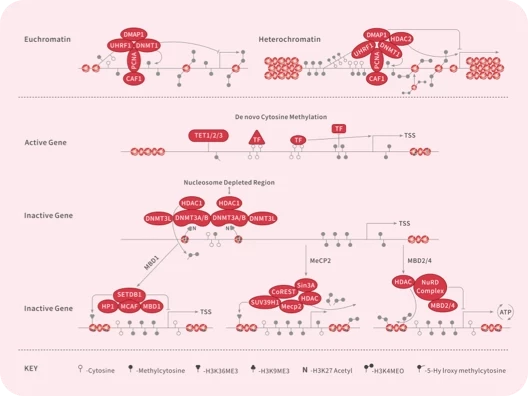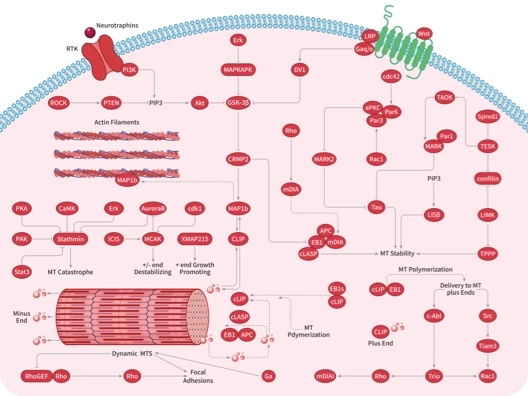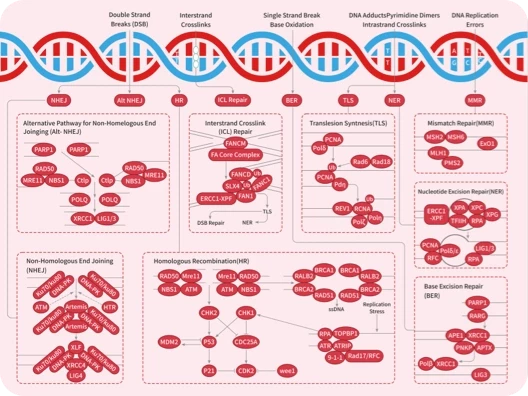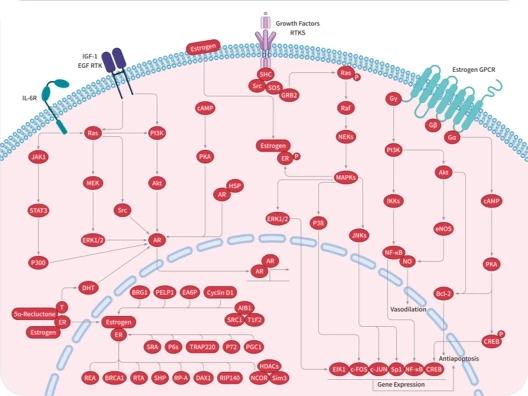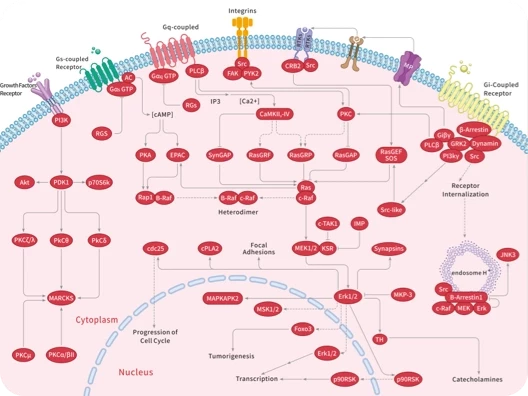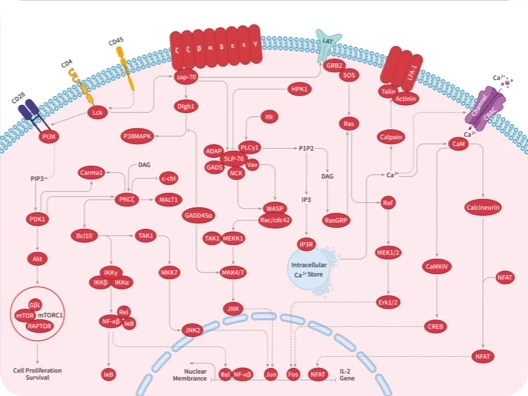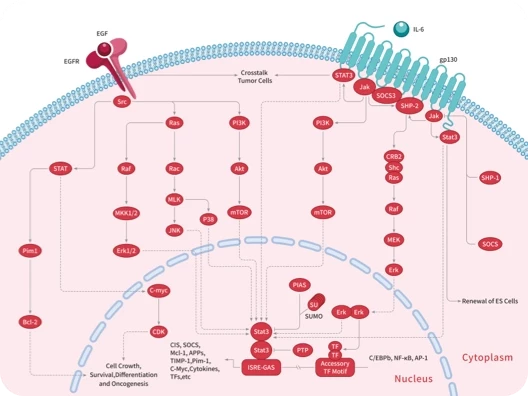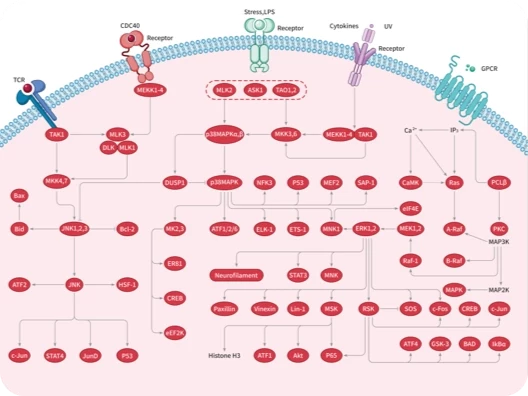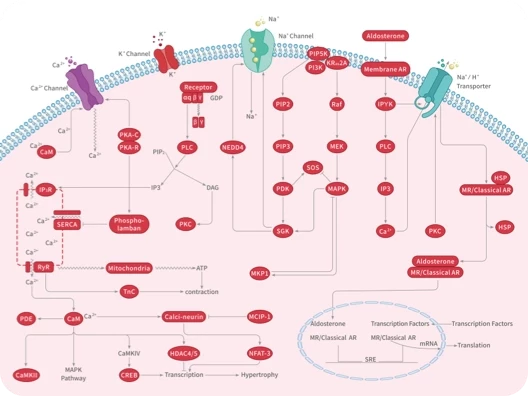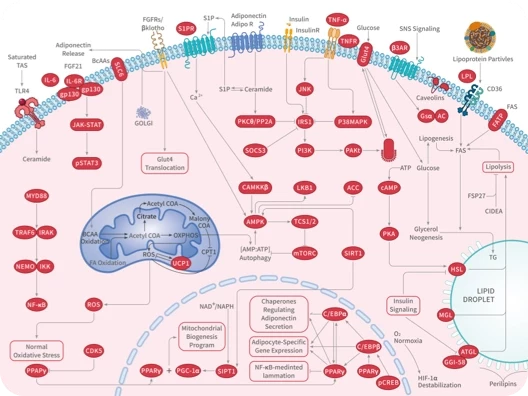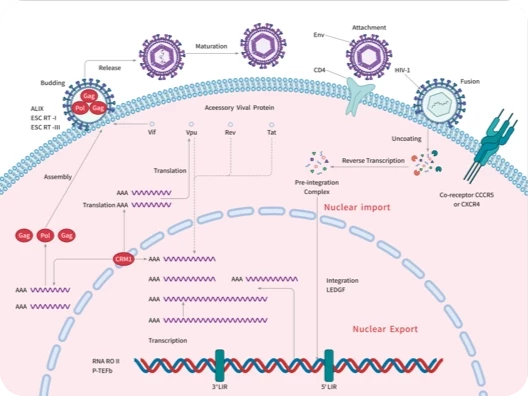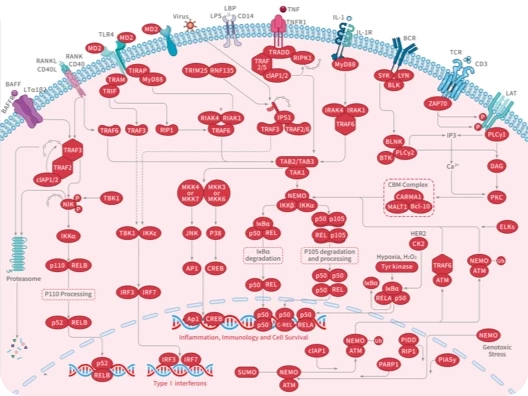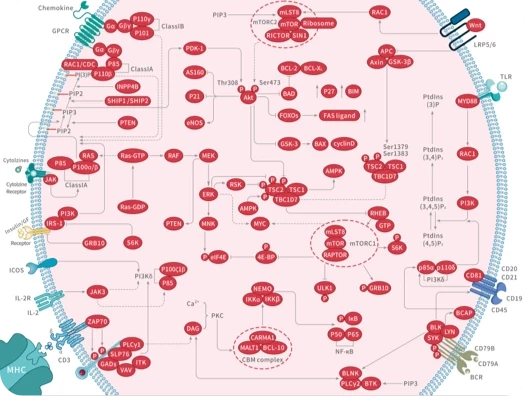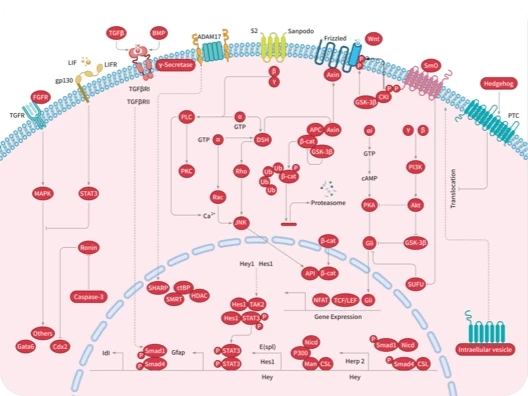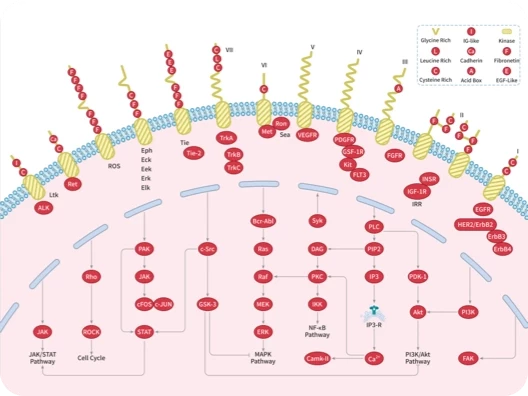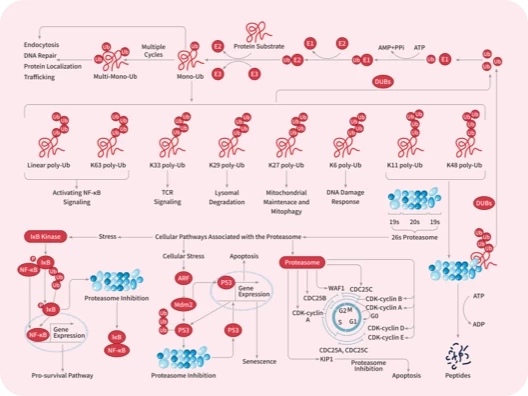- 全部删除
 您的购物车当前为空
您的购物车当前为空
购物车
Glypican 3/GPC3 Protein, Human, Recombinant (His), Biotinylated
产品编号 TMPY-05106
Glypican 3/GPC3 Protein, Human, Recombinant (His), Biotinylated is expressed in HEK293 mammalian cells with His tag. The predicted molecular weight is 62.2 kDa and the accession number is P51654-1.

Glypican 3/GPC3 Protein, Human, Recombinant (His), Biotinylated
产品编号 TMPY-05106
Glypican 3/GPC3 Protein, Human, Recombinant (His), Biotinylated is expressed in HEK293 mammalian cells with His tag. The predicted molecular weight is 62.2 kDa and the accession number is P51654-1.
| 规格 | 价格 | 库存 | 数量 |
|---|---|---|---|
| 20 μg | ¥ 1,950 | 5日内发货 | |
| 100 μg | ¥ 4,620 | 5日内发货 |
大包装 & 定制
加入购物车
TargetMol 的所有产品仅用作科学研究或药证申报,不能被用于人体,我们不向个人提供产品和服务。请您遵守承诺用途,不得违反法律法规规定用于任何其他用途。
资源下载
产品信息
| 生物活性 | Activity testing is in progress. It is theoretically active, but we cannot guarantee it. If you require protein activity, we recommend choosing the eukaryotic expression version first. |
| 产品描述 | Glypican 3/GPC3 Protein, Human, Recombinant (His), Biotinylated is expressed in HEK293 mammalian cells with His tag. The predicted molecular weight is 62.2 kDa and the accession number is P51654-1. |
| 种属 | Human |
| 表达系统 | HEK293 Cells |
| 标签 | C-His |
| 蛋白编号 | P51654-1 |
| 别名 | SGBS1,SGBS,SGB,SDYS,OCI-5,MXR7,GTR2-2,Glypican 3,DGSX |
| 蛋白构建 | A DNA sequence encoding the GPC3 (P51654-1) (Met1-His559) was expressed with a C-terminal polyhistidine tag. The purified protein was biotinylated in vitro. Predicted N terminal: Gln 25 |
| 蛋白纯度 | > 85 % as determined by SDS-PAGE. |
| 分子量 | 62.2 kDa (predicted) |
| 内毒素 | < 1.0 EU/μg of the protein as determined by the LAL method. |
| 缓冲液 | Lyophilized from a solution filtered through a 0.22 μm filter, containing Sterile PBS. Typically, a mixture containing 5% to 8% trehalose, mannitol, and 0.01% Tween 80 is incorporated as a protective agent before lyophilization. |
| 复溶方法 | A Certificate of Analysis (CoA) containing reconstitution instructions is included with the products. Please refer to the CoA for detailed information. |
| 存储 | It is recommended to store recombinant proteins at -20°C to -80°C for future use. Lyophilized powders can be stably stored for over 12 months, while liquid products can be stored for 6-12 months at -80°C. For reconstituted protein solutions, the solution can be stored at -20°C to -80°C for at least 3 months. Please avoid multiple freeze-thaw cycles and store products in aliquots. |
| 运输方式 | In general, Lyophilized powders are shipping with blue ice. |
| 研究背景 | Glypican-3, also known as Intestinal protein OCI-5, GPC3, and OCI5, is a member of the glypican family. It belongs to the glypican family and is highly expressed in the lung, liver, and kidney. It is a heparan sulfate proteoglycan, which is overexpressed in various neoplasms such as hepatocellular carcinoma, malignant melanoma, and testicular yolk sac tumor, and plays an important role in cell growth and differentiation. GPC3 function is tissue-dependent. In some tissues, GPC3 acts as a tumor suppressor gene, whereas in others, it acts as an oncofetal protein. Studies have shown that GPC3 is a reliable marker for hepatocellular carcinoma. The sensitivity and specificity exceed both alpha-fetoprotein and hepatocyte-paraffin1. GPC3 immunohistochemistry can aid in the differentiation of testicular germ cell tumors, being expressed in all yolk sac tumors but not in seminomas. GPC3 expression has also been identified in some squamous cell carcinomas of the lung and clear cell carcinomas of the ovary. The role of GPC3 in melanomas is still controversial. Thus, Glypican-3 is currently regarded as a tumor marker and potential target for immunotherapy.Cancer ImmunotherapyImmune CheckpointImmunotherapyTargeted Therapy |
计算器
SCI 文献
技术支持
请阅读 重组蛋白用户指南 了解更多具体信息.










